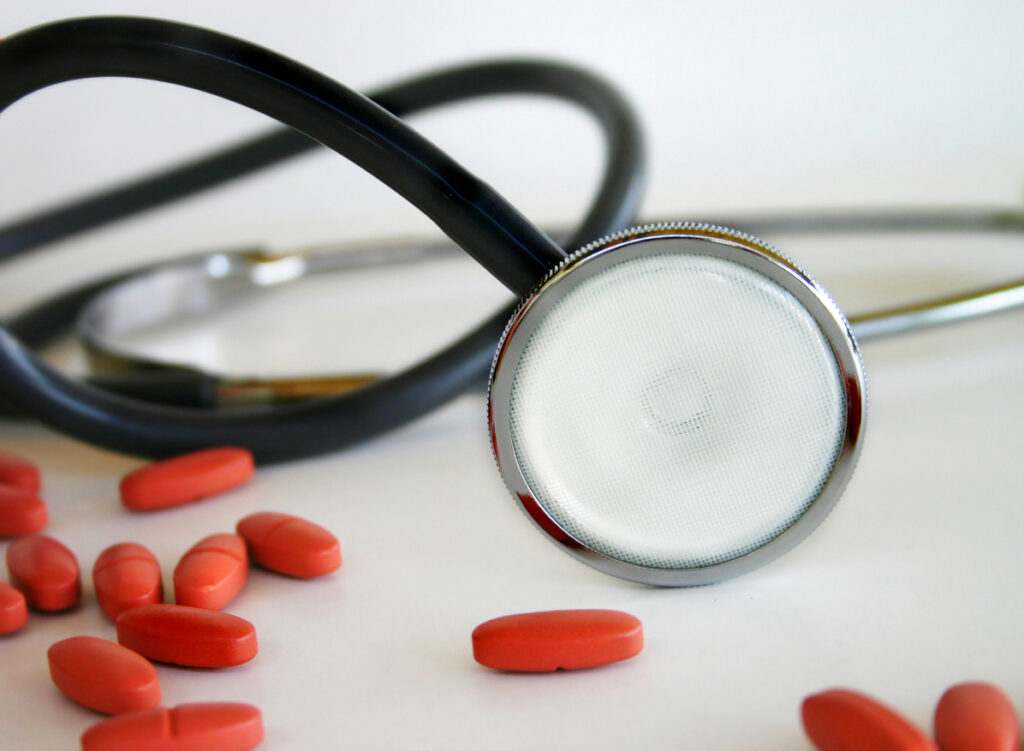There is a now a more modern way to understand and treat cholesterol is this new era. No longer is hypercholesterolemia just a condition of eating to many “bad fats” and not exercising regularly. Research has investigated the deeper physiology – the cause and effect of hypercholesterolemia – we can now address the issues with a new perspective.
The new hypercholesterolemia definition is:
- A chronic inflammatory disease secondary to low dietary micronutrient (vitamin) intake
- Chronic infections of all types
- Toxins, persistent organic pollutants and heavy metal toxicities
Hypercholesterolemia is a metabolic, inflammatory, immune, toxic and infectious disease process within the body – also known as Endotoxemia.
Endotoxemia and Gut flora
Your gut flora (environment of good and bad bacteria) is determined by the quality of food coming in. Toxins form from bad food. Bad food is an insult to your body. Your body responds to this insult but shortly it runs out of resources and is unable to ward off the inflammatory response and the toxins slip through the intestinal lining and into the coronary arteries. Also, endotoxins damage the mechanism of cholesterol containment making it even more difficult to clear. That’s right! Improper gut flora leads to high cholesterol issues.
What can I do?
- Eat foods regularly from the Braccia family – broccoli, cauliflower, kale, cabbage, brussel sprouts
- Probiotics help to keep bad bacteria (from bad food) down.
- Eat “good fats”, they assist your immune system in fighting infection; coconut and the oil, grapeseed oil, olives and the oil, avocados and the oil, walnuts and the oil etc.
- Have your body tested for heavy metal toxins and organic pollutants as these are also causes of inflammatory endotoxins.
- Discuss with your provider the use of Quercitin, Green tea, Resveratrol, Niacin and Glutathione to protect and improve the function of your “good cholesterol”/ HDL.
- If HDL is to high (over 85) add vitamin B3 (not IHN Niacin) to improve its’ function. HDL is your garbage truck, it picks up fats from the cells and dumps it in the liver – if the truck is full it won’t work correctly – Niacin make the truck work better

